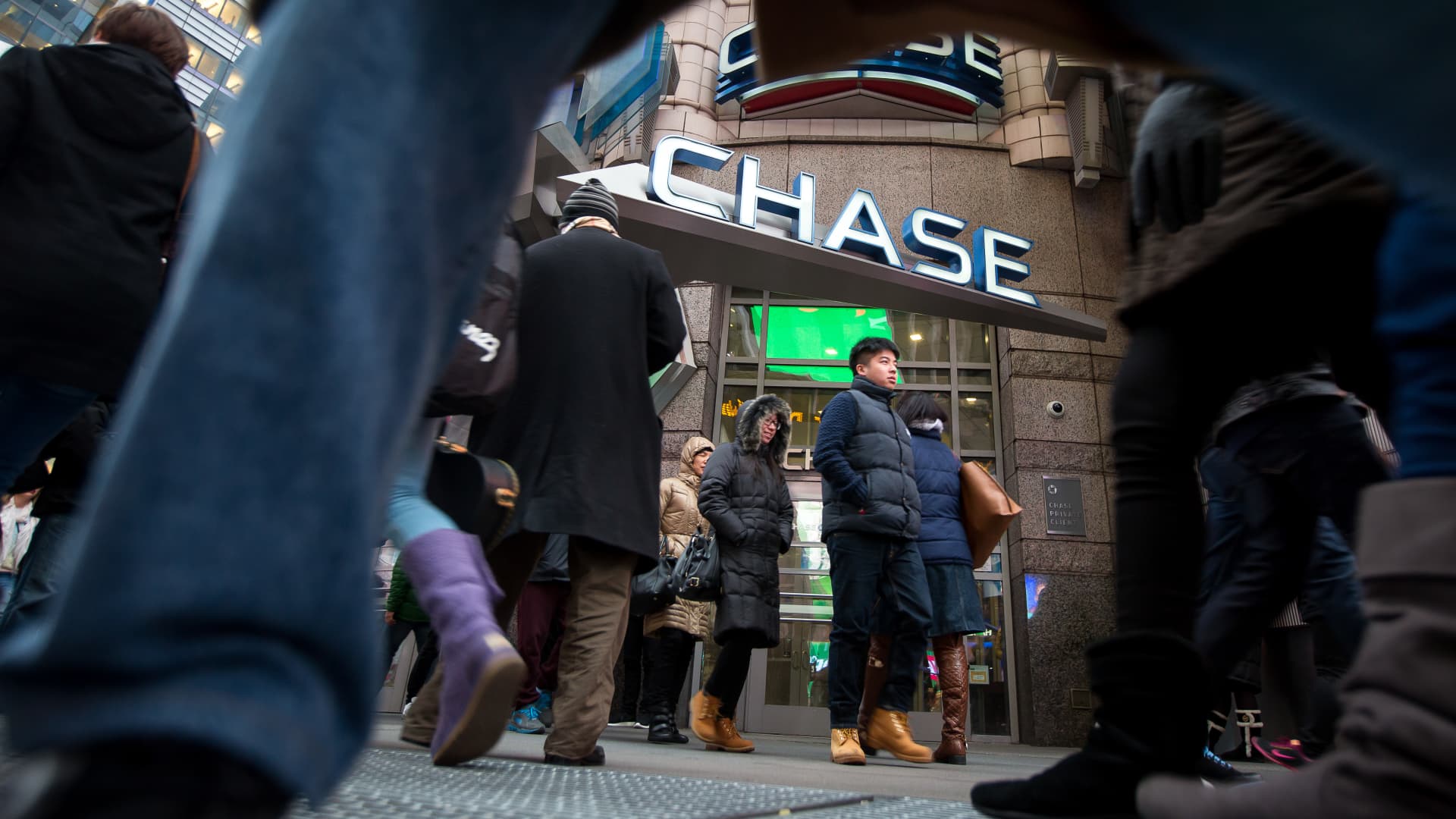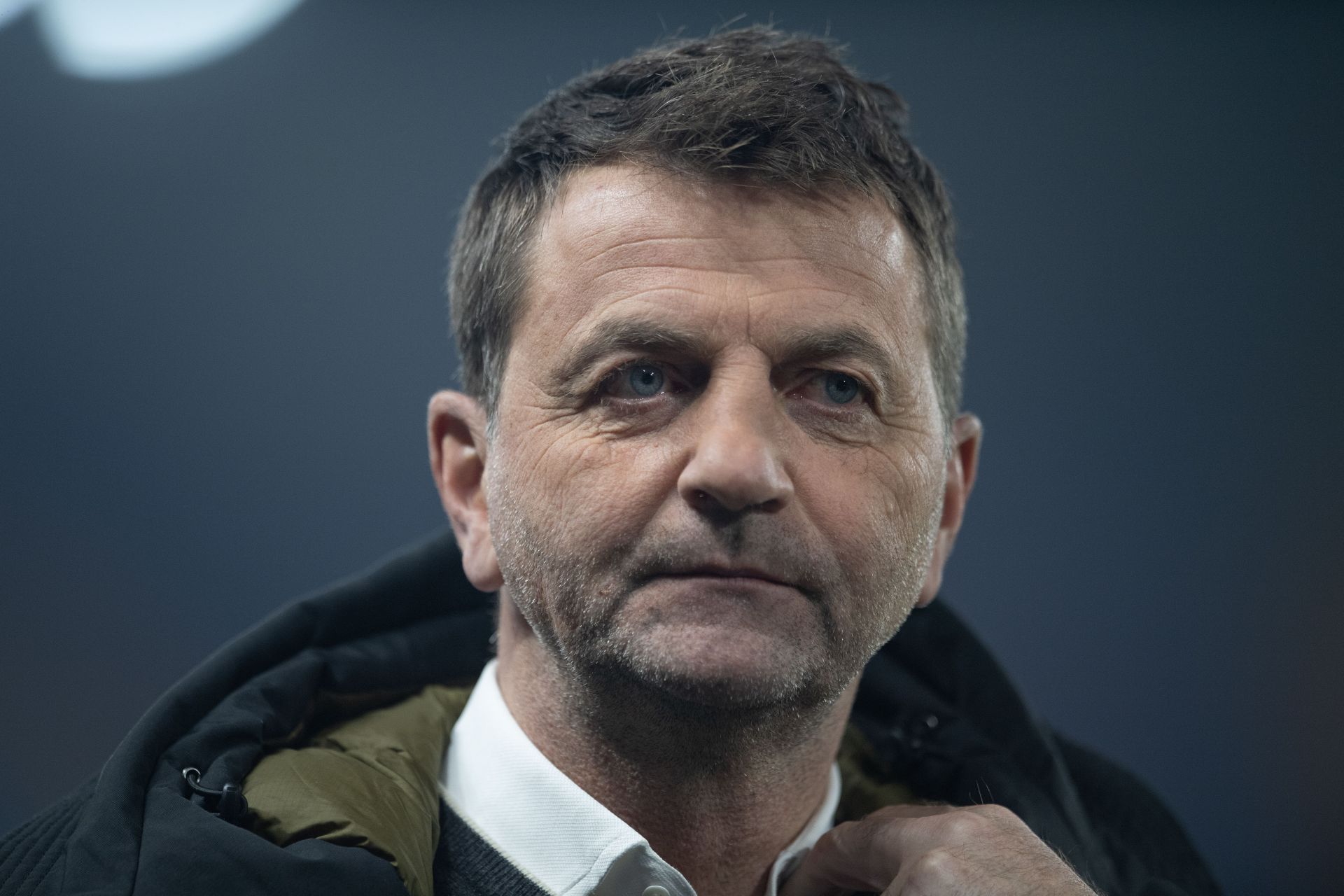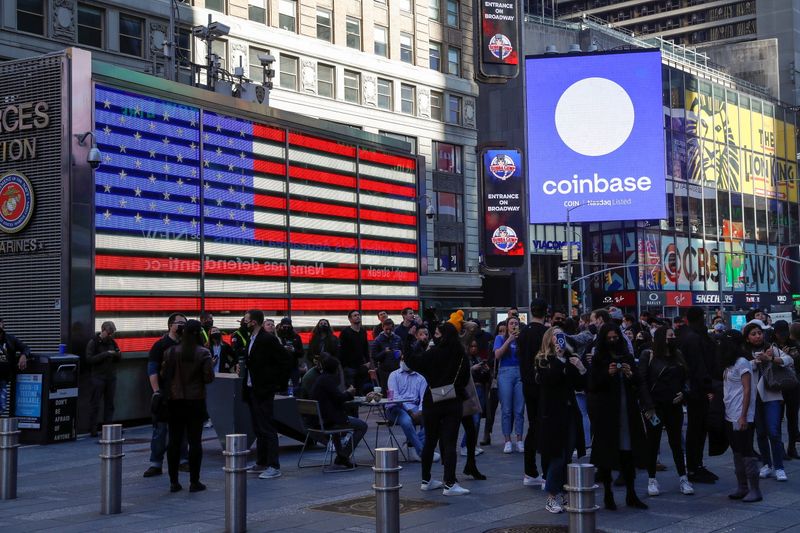© Reuters. FILE PHOTO: A view of a caution tape as members of the U.S. Environmental Protection Agency (EPA) (not pictured) inspect the site of a train derailment of hazardous material in East Palestine, Ohio, U.S., February 16, 2023. REUTERS/Alan Freed
2/3
By David Shepardson and Brad Brooks
WASHINGTON (Reuters) -The Biden administration on Friday defended its response to the Feb. 3 derailment of a train loaded with toxic chemicals in East Palestine, Ohio, that caused a fire and sent a cloud of smoke over the town, saying it was sending more federal resources.
The derailment of the train, operated by Norfolk Southern (NYSE:), forced thousands of residents to evacuate while railroad crews drained and burned off chemicals. There were no reported fatalities or injuries, but residents have been demanding answers about potential health risks.
“We have mobilized a robust, multi-agency effort to support the people of East Palestine, Ohio,” White House spokeswoman Karine Jean-Pierre said at a briefing. “The federal government is committed to making sure that the community gets what it needs and will be there on the ground for as long as it takes.”
In response to the derailment and safety concerns it raises, U.S. Senate Commerce Committee chair Maria Cantwell late on Friday said she has opened an inquiry into railroad hazardous materials safety practices.
Cantwell, in a letter to the chief executive of Norfolk Southern and the CEOs of six other freight rail operators, noted that the train had “20 total hazardous materials cars transporting vinyl chloride, butyl acrylate, and isobutylene, of which 11 derailed.”
“Every railroad must reexamine its hazardous materials safety practices to better protect its employees, the environment, and American families and reaffirm safety as a top priority,” Cantwell wrote.
The letter was also sent to the CEOs of Berkshire Hathaway (NYSE:)’s Burlington Northern Santa Fe (BNSF), Canadian National, Canadian Pacific (NYSE:), CSX (NASDAQ:), Kansas City Southern (NYSE:) and Union Pacific (NYSE:).
The railroads did not immediately respond to requests for comment.
The Health and Human Services Department and the Centers for Disease Control and Prevention (CDC) said Friday they were deploying a team of medical personnel and toxicologists to conduct public health testing and assessments. Federal Railroad Administration chief Amit Bose will visit the site next week and the Environmental Protection Agency is stepping up testing.
Norfolk Southern Chief Executive Alan Shaw said the railroad has established an initial $1 million community support fund and distributed $1.7 million in direct financial assistance to more than 1,100 families and businesses to cover evacuation costs. “We will not let you down,” he told residents in a letter.
Ohio Governor Mike DeWine said Friday a plume of pollution that had been moving down the Ohio River, a source of drinking water for 5 million people, had dissipated, and said state testing never showed that any contaminated water entered any municipal drinking systems in its path.
DeWine called on Congress to review railroad safety regulations, lamenting states have little power to demand information about what types of hazardous goods are rolling through their borders.
Transportation Secretary Pete Buttigieg said Thursday more needs to be done to address rail safety in the face of hundreds of annual train derailments. He noted there are roughly 1,000 train derailments annually.
DeWine said he hopes there is a full presidential commission or extensive hearings in Congress to investigate the accident and ensure that it never happens again.
The Association of American Railroads said the National Transportation Safety Board (NTSB) should proceed with their investigation into the accident before any changes to safety rules are made.
Cantwell noted that over the past five years, the largest railroads “have cut their workforce by nearly one third, shuttered railyards where railcars are traditionally inspected, and are running longer and heavier trains.” The group did not immediately comment on Cantwell’s letter.
NTSB Chair Jennifer Homendy said on Twitter that a scrapped rule to mandate electronically controlled pneumatic brakes would not have prevented the derailment because that would only apply to high hazard flammable trains.







Kuo-Pao-6.jpg?resize=1920,1440)








